Choosing your party on the basis of right vs. left, or hypothetical scenarios about settlements in the West Bank imperils more of daily life than many realize
By Nitzan Caspi Shilony
Published in the Times of Israel Blogs
OCT 28, 2022, 12:56 PM
Since the establishment of Bennett-Lapid’s “Change Government,” this past year has been like a dream come true for organizations dedicated to religion-state issues and to women’s rights, in terms of advocacy work in the Knesset committees.
After years of focusing our efforts reacting to disastrous, harmful bills that sought to diminish women’s rights and status, we were finally afforded the breathing room to stop and think about what progress we wanted to make and what we could improve, rather than defending ourselves from a constant onslaught of problematic legislation. This precious breathing room was made possible by one single factor: that the Haredi and right-wing religious representatives were finally outside the coalition. They could no longer garner an easy majority in support of privately-sponsored bills, nor could they easily pass bills in the Ministerial Committee for Legislation, as they used to.
As director of the legal department at the Center for Women’s Justice, a legal advocacy organization defending women’s rights in matters of religion and state, I have participated in countless Knesset committee meetings. My work has provided me with an insider’s view of the way the Knesset’s makeup directly translates into real-life consequences for women in a way that most people never get to experience. It is therefore important for me to share with you what I have seen, and broaden the often narrow voting perspectives that tend to focus on questions of the political right vs. left, or on hypothetical scenarios about what a politician will or will not do regarding settlements in the West Bank, while ignoring key factors that assuredly directly impact our day-to-day lives.
Here are some real examples:
First: In 2016, MK Moshe Gafni and other representatives (Bezalel Smotrich, for one) submitted a bill that sought to subject mikvaot (ritual baths) in Israel to the “directives of the Chief Rabbinical Council of Israel.” The practical impact of such a change in Israeli law would have meant that:
- women would not be allowed to immerse in state mikvaot before ascending the Temple Mount, since the Chief Rabbinate opposes all ascension to the Temple Mount by Jews;
Read more in the Times of Israel >
